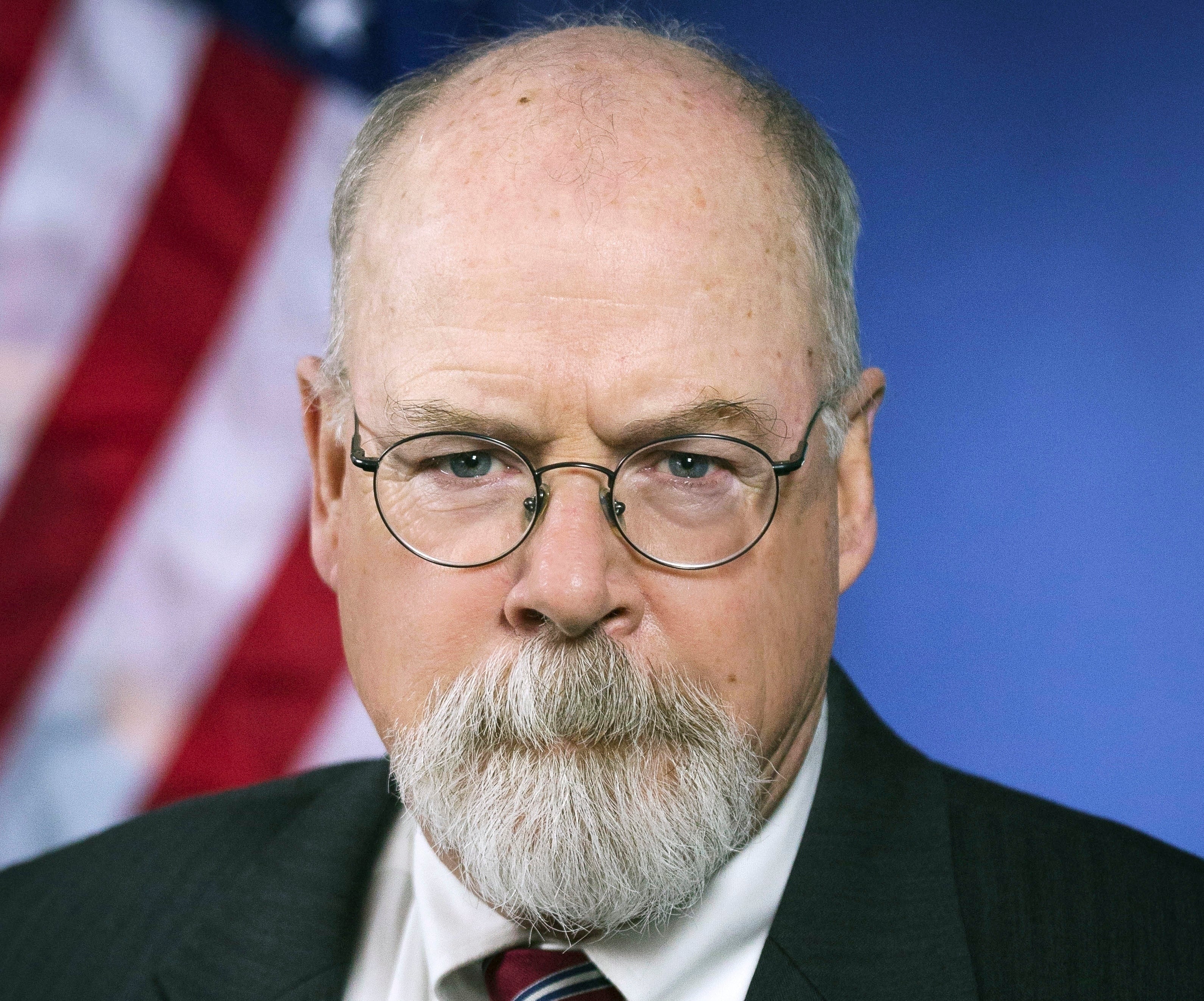Case against Clinton lawyer in counsel's probe can proceed
A judge says the criminal prosecution of a Hillary Clinton campaign lawyer charged with lying to the FBI during the Trump-Russia investigation can move forward

Your support helps us to tell the story
From reproductive rights to climate change to Big Tech, The Independent is on the ground when the story is developing. Whether it's investigating the financials of Elon Musk's pro-Trump PAC or producing our latest documentary, 'The A Word', which shines a light on the American women fighting for reproductive rights, we know how important it is to parse out the facts from the messaging.
At such a critical moment in US history, we need reporters on the ground. Your donation allows us to keep sending journalists to speak to both sides of the story.
The Independent is trusted by Americans across the entire political spectrum. And unlike many other quality news outlets, we choose not to lock Americans out of our reporting and analysis with paywalls. We believe quality journalism should be available to everyone, paid for by those who can afford it.
Your support makes all the difference.The criminal prosecution of a Hillary Clinton campaign lawyer charged with lying to the FBI during the Trump-Russia investigation can move forward, a judge ruled Wednesday in denying a defense bid to dismiss the case.
The ruling means Michael Sussmann, charged last year by special counsel John Durham, remains set for trial on May 16 in Washington's federal court.
Sussmann is charged with lying to the FBI during a September 2016 meeting in which he relayed concerns from cybersecurity researchers about a potential secret back channel of communications between servers of the Trump Organization and Russia-based Alfa Bank. The FBI investigated the matter but ultimately found no such suspicious links.
Prosecutors allege that Sussmann misled the FBI's then-general counsel by saying that he was not attending the meeting on behalf of a particular client when he was actually presenting the information on behalf of the Clinton campaign and a technology executive with whom he had worked.
In order to prosecute someone for a false statement, the Justice Department must prove that the statement was not only fictitious but also “material” — that is, capable of influencing a government agency's decision-making or functions.
In this case, Durham's team says that had the FBI known Sussmann was representing the interests of the Clinton campaign at the meeting, it would have done more to examine his motives and the reliability of his information as it considered whether to open an investigation based on the tip he provided.
Sussmann's lawyers have argued that his ties to the Clinton campaign were already well-known to the FBI and have rejected the idea that that relationship could have meaningfully influenced the FBI's decision to investigate.
U.S. District Judge Christopher “Casey” Cooper said in a six-page ruling Wednesday that the dispute was ultimately up to a jury to decide.
“The battle lines thus are drawn, but the Court cannot resolve this standoff prior to trial,” Cooper wrote.
Durham, a former U.S. attorney in Connecticut, was appointed in 2019 by then-Attorney General William Barr to look for government misconduct during the investigation into Russian election interference in 2016 and possible ties to Donald Trump’s presidential campaign.
Sussmann is one of three people charged so far. The other two are Kevin Clinesmith, a former FBI lawyer who pleaded guilty to altering an email and received probation, and Igor Danchenko, a Russian analyst and source of information for Steele who was charged in November with lying to the FBI during a 2017 interview.
____
Follow Eric Tucker on Twitter at http://www.twitter.com/etuckerAP